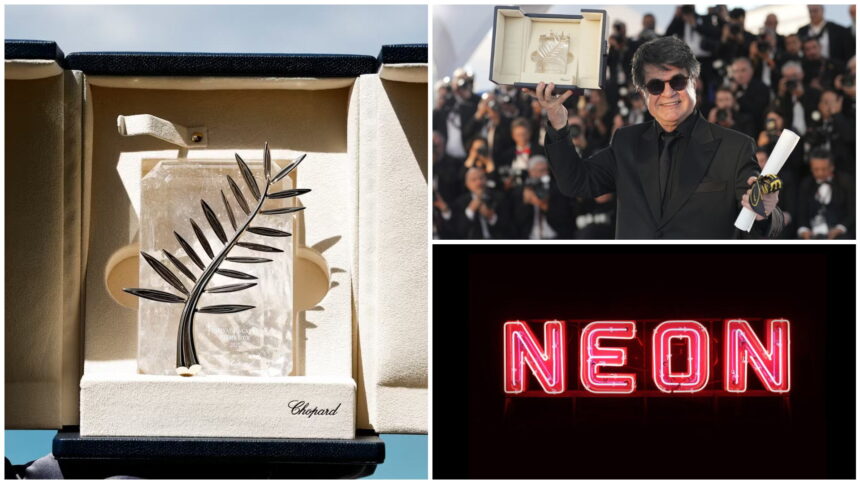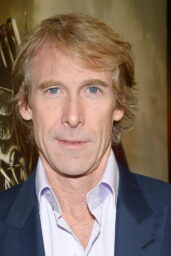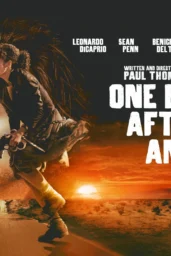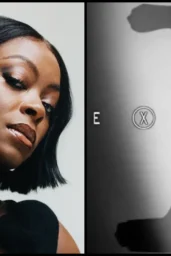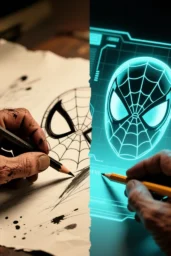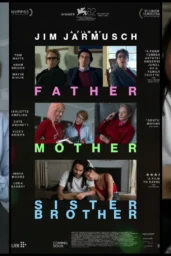The Opening Shot: A Festival in Limbo
Cannes 2025 will be remembered as the year the earth didn’t move. The Competition lineup was a graveyard of noble failures (“Fuori,” “Eddington,” “The Phoenician Scheme“), their Cannes debuts met with the kind of polite applause usually reserved for a child’s piano recital. The Screen Jury Grid looked like a battlefield—scores of 1.5 and 2.0 littered across the board, as if the critics had collectively misplaced their enthusiasm.
But then—Jafar Panahi walked into the Palais.
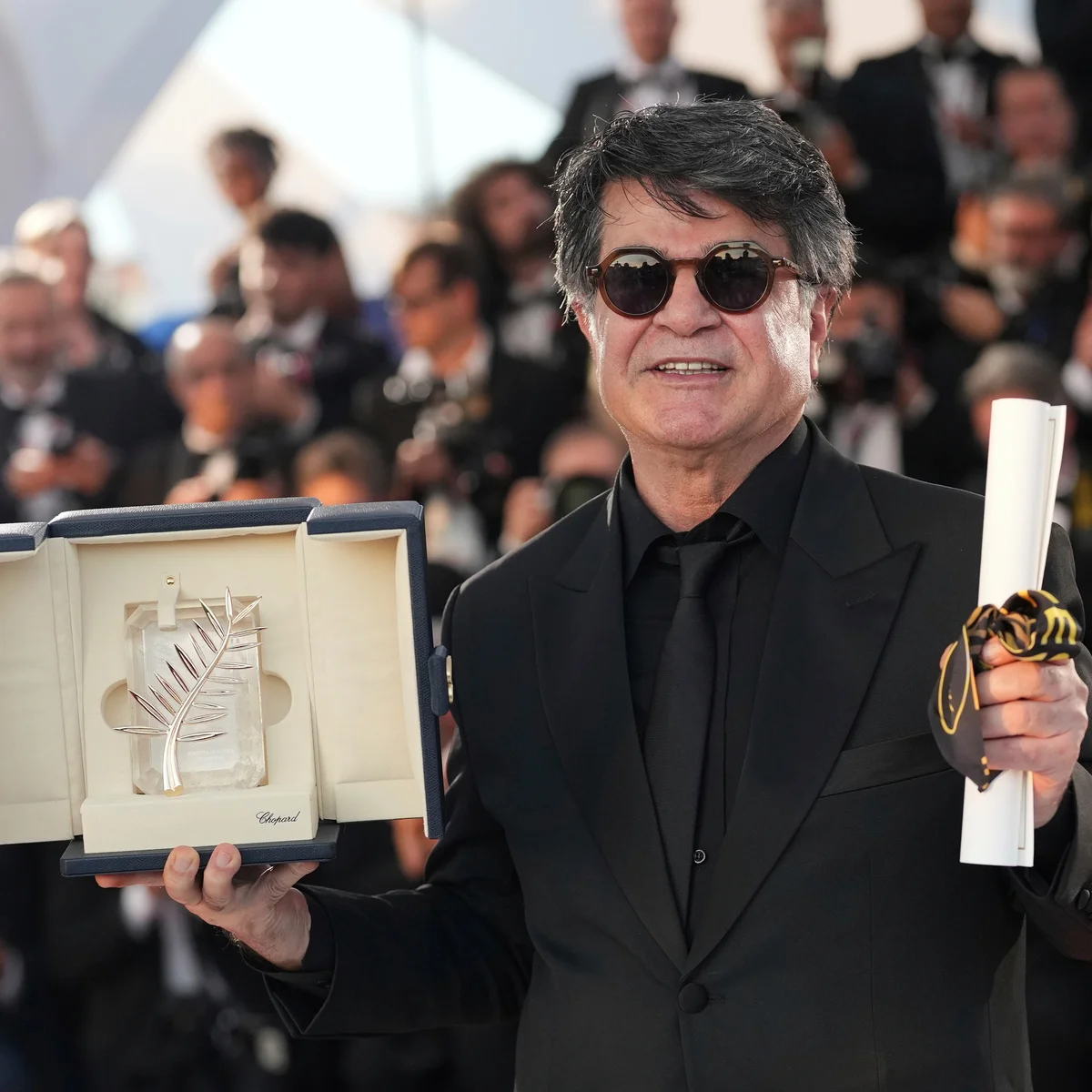
The standing ovation for “It Was A Simple Accident” wasn’t just for the film (a delicate, road-movie parable). It was for the man: an artist who’d been jailed, banned, and silenced, now standing on cinema’s grandest stage. The moment transcended the movie. It was Cannes as it should be—a bastion of defiance.
The Neon Dynasty (And Why It’s Killing Cannes)
Let’s not mince words: Neon’s sixth straight Palme d’Or was a farce. The indie powerhouse had vacuumed up every viable contender before the festival even began, turning the Competition into a corporate puppet show. Their victory lap was so inevitable that the actual winner (still under embargo, but come on) felt like an afterthought.
This isn’t just business—it’s a crisis. When one distributor monopolizes the Palme, the festival loses its edge. Remember 2019, when Parasite shocked the world? Or 2021, when Titane left audiences gasping? Those wins felt dangerous. This year’s? Like watching a hedge fund collect its dividends.
The Miracle of The President’s Cake
Amid the fatigue, one film burned brighter than the rest. Hasan Hadi’s “The President’s Cake”—the first Iraqi film in Competition—didn’t just win the Camera d’Or. It stole Cannes’ soul.
A nine-year-old girl, tasked with baking a cake for Saddam Hussein, traverses a country choking on tyranny. The premise sounds like political allegory, but Hadi’s touch is pure neorealism: De Sica meets Saddam. The Audience Award proved it wasn’t just critics’ darlings who adored it—this was a film that moved people.
History in context:
- 2004: *Fahrenheit 9/11* wins Palme, proving Cannes loves a political firebrand.
- 2016: I, Daniel Blake takes Palme, a middle finger to austerity.
- 2025: The President’s Cake wins hearts, a quieter but no less radical act.
The Jennifer Lawrence Snub (And the Awards’ Identity Crisis)
Nadia Melliti’s Best Actress win for “La Petite Dernière” was the jury’s safest choice. A closeted Muslim lesbian in rural France? Timely. Important. Oscar-friendly.
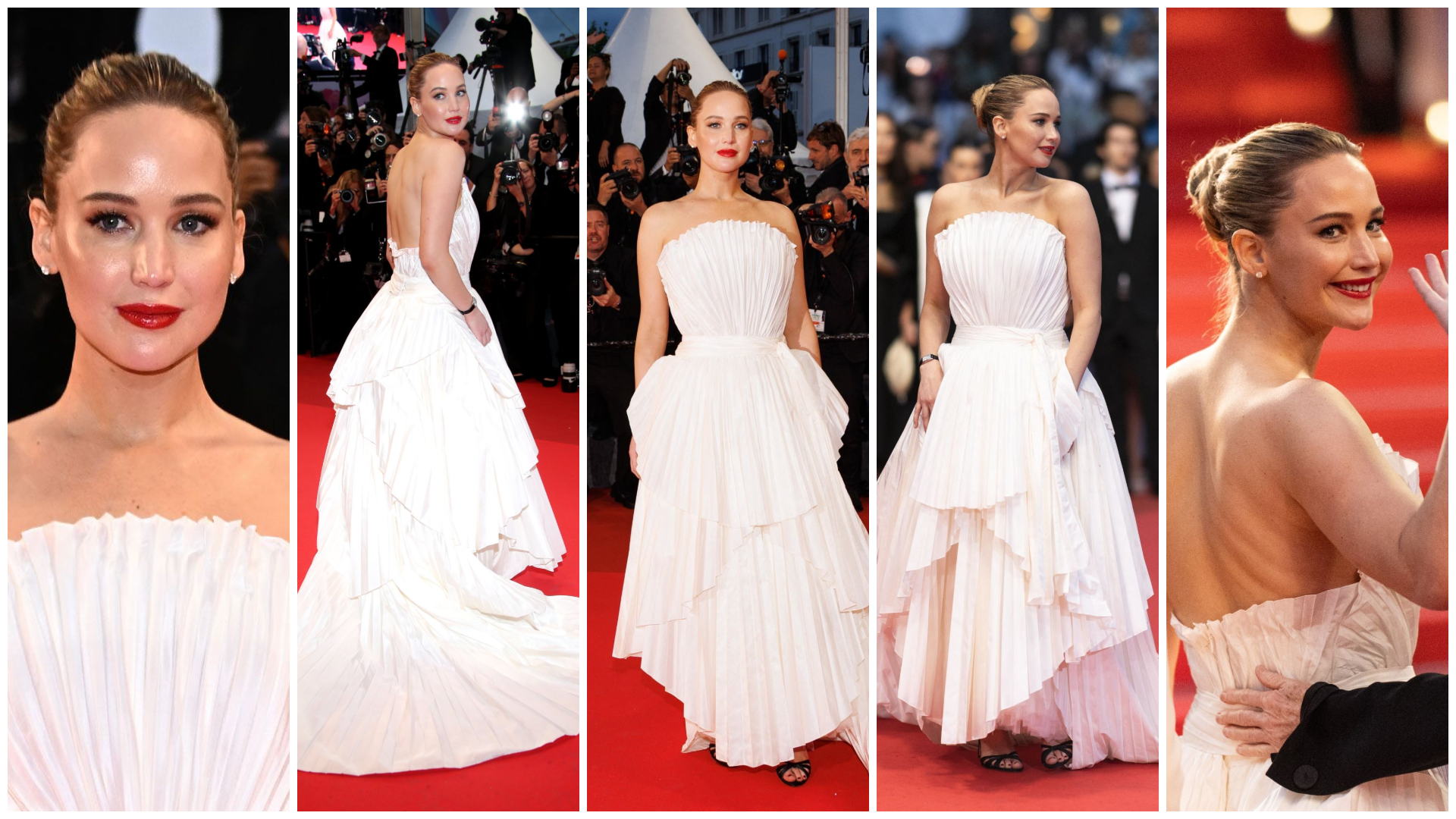
But Jennifer Lawrence in “Die, My Love” was a force of nature—a performance so raw it felt like watching someone flay themselves alive. The snub reeked of Cannes’ recent habit of prizing message over art. (See also: 2022’s baffling Best Actor tie, a decision so diplomatic it neutered both performances.)
The Films That Will Outlast the Hype
Beyond the awards, three films lingered like a haunting:
- “Sirat” (Jury Prize): A labyrinthine epic that redefined political cinema.
- “Sound of Falling“ (Jury Prize): A generational saga so lush it felt painted.
- “The Plague”: A horror film that weaponized silence better than any jump scare.
Why they matter: In a sea of mediocrity, these were the exceptions—films that didn’t play it safe, didn’t cater to algorithms, didn’t beg for Oscars. They were cinema.
The Verdict: Cannes at a Crossroads
This wasn’t a bad festival. It was a scared one.
The films felt smaller, the risks fewer, the Palme more preordained than ever. But in the cracks—Panahi’s defiance, Hadi’s triumph, Lawrence’s roar—we saw glimpses of what Cannes could be.

